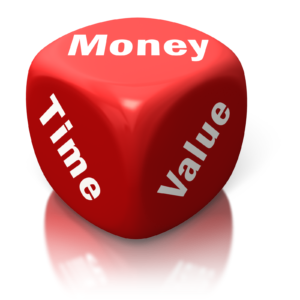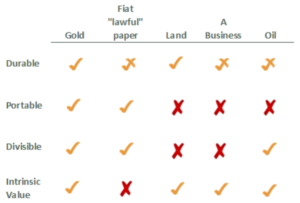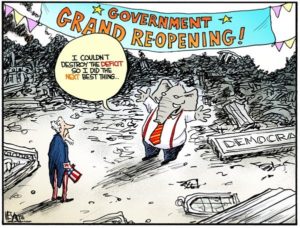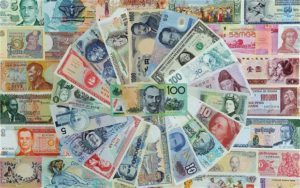
People’s Perception of Money Resembles Chance;
Money is Careful Manipulation to Achieve the Goal
Money: Measure of Value and Corruption Part Two continues from, Money: Measure of Value and Corruption Part One, which discussed how government relinquished its major claim to sovereignty by giving private corporations, today’s parlance, the right to coinage. This was accomplished using bribes and lies appealing to sinners’ love of money. These tools have not changed; however, corporatism successfully uses people’s ignorance, willful or otherwise, to continue its march toward its ultimate goal: Control {Socialism}.
Continue reading “Money: Measure of Value and Corruption Part Two”



